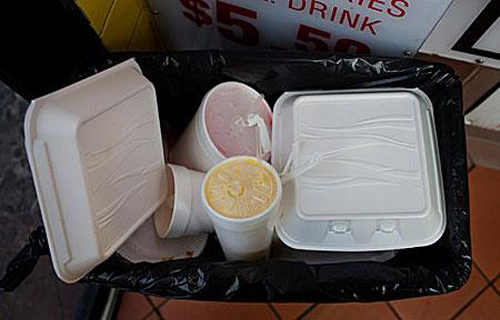Although plastics recycling plant ORPET has already begun preparing the site at Multnomah Industrial Park in St. Helens for its new manufacturing plant, the expected completion of the first phase of installation has been delayed again, this time to early November.
Bruce Sone, project manager and consultant for Portland-based Denton Plastics, said that many factors have led to the delay of the plant, which was initially announced in 2009 and scheduled to begin production in the second quarter of 2010.
“It’s a combination of things,” Sone said. “The equipment, the funding…a number of things. We’re on the right track and things are going forward and we’re happy about that.”
Production was originally slated to begin July 1 but is now expected to begin in the middle of November, said Sone. Installation should be completed by the first week in November.
“It has taken some time,” he said. “There are a number of partners involved in the deals and a number of attorneys.
“That is really the item that has taken the longest. Everyone wants to do the right thing but have their own issues for their own investments.”
The project’s major partners are Tom Leaptrott, president of Vancouver, Wash.-based plastic packaging material company Quantum Leap, Dennis Denton, president of Denton Plastics in Portland, and the Oregon Beverage Recycling Cooperative. Sone declined to provide the names or information about other investors.
Despite delays, Sone said the company began construction two weeks ago and already demolished a building onsite. The company plans to begin construction on the foundation in the next few weeks.
According to Craig Allison, property and operations manager for the Port of St. Helens, who owns the land, said as far as infrastructure goes the site has been checked out with respect to water and sewage.
“It’s all good news from here,” Allison said.
The ORPET bottle recycling plant, which will be the first of its kind in the region, will be able to handle up to 25 million pounds of polyethylene terephthalate, or PET, material a year. The PET will be sorted, washed and grinded before being marketed to Pacific Northwest companies that use it to make new bottles or a myriad other products that commonly use polyester fiber, such as clothing or carpet.
Initially the plant is expected to bring 25 new jobs to the area and eventually a total of 50.
Source : www.spotlightnews.net





